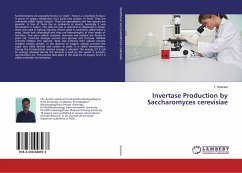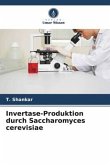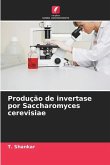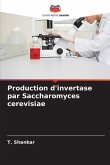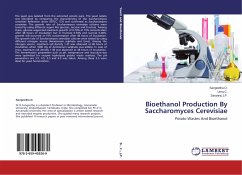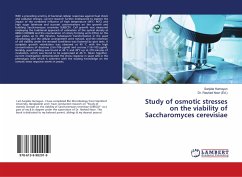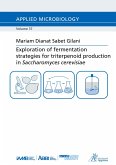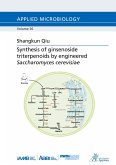Saccharomyces are popularly known as 'yeast'. Yeast is a unicellular fungus. It grows in sugary substances, fruit juices and surface of fruits. They are commonly called 'sugar fungus'. They are saprophytes and few species are parasitic. A few of them live as symbionts in insects. Generally it was microscopic in nature. The cells are oval or spherical or ellipsoidal in shape. Yeast was used in baking industry. Hence yeast is commonly called baker's yeast. Yeasts lack chlorophyll and they are heterotrophic in their mode of nutrition. Two extra cellular enzymes, invertase and maltase are found in yeast cell. Invertase changes sucrose into glucose and fructose. Maltase converts maltose into glucose. Yeast also contains intra cellular enzyme complex namely zymase. In the absence of oxygen, zymase converts the sugar into ethyl alcohol and carbon di oxide, it is called fermentation. During this fermentation process energy is released. The energy (27 K.cals of energy) released during this process is used by the yeasts in growth, reproduction etc. This process take place in the absence of oxygen and it is called anaerobic fermentation.
Bitte wählen Sie Ihr Anliegen aus.
Rechnungen
Retourenschein anfordern
Bestellstatus
Storno

